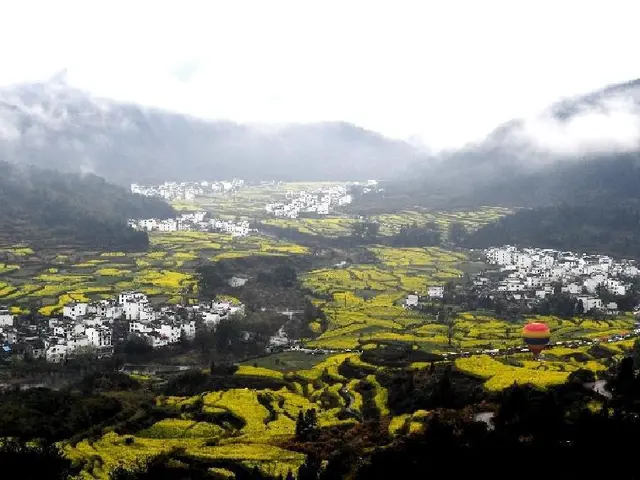Chinese provincial governments have tightened the rules on officials' overseas trips paid for by the public in line with a nationwide austerity and anti-corruption drive.
East China's Jiangxi, Shandong, Jiangsu, Fujian provinces and southwest China's Sichuan Province have included the expenses of government-funded overseas trips into their budgets. Schedules and outcomes of trips are strictly scrutinized, and some visits at the public's expense have even been called off.
The new regulations are the latest in a series of moves the central government has taken to tackle bureaucratic and extravagant work styles among government workers, said Guo Guanhua, an official of Jiangxi provincial government's finance department.
Rigorous regulations
Officials from government departments, institutions and state-owned enterprises who go on visits have to specify the number of trips, schedules and allowances, according to the regulations.
"It is more rigorous. Government-funded overseas tours should comprise no more than six members and stay in one country fewer than six days," Guo said.
Officials should not add extra countries to their itinerary, alter the duration of a trip, or spend public money on receptions without approval, the regulations said.
The outcomes of overseas business trips including cooperation agreements, relevant texts and photographs should be displayed publicly for supervision.
"Officials are required to disclose their visiting places, the duration and tasks on bulletin boards of departments or institutions after they return from foreign countries," Guo said.
Information on government-funded overseas trips will be published on official websites and other platforms for public supervision very soon, he said.
Official overseas trips have long been a hidden welfare for government departments, state-owned enterprises and institutions and a subject of public criticism.
Xu Wen'ai, former deputy chief prosecutor of the People's Procuratorate in Anhui Province, led a delegation of ten officials to Finland with a counterfeit invitation letter in 2006. They were stopped at Helsinki Airport and repatriated to China. Xu was removed from his post.
Last year, You Guangfu, party secretary and chairman of a state-owned enterprise in the provincial capital city Chengdu of Sichuan Province, took an overseas trip using public money. He violated rules by adding visiting cities for sightseeing. You and those involved were punished by discipline inspection agencies.
Strengthening international cooperation
Tightening rules relating to overseas trips does not mean reducing international cooperation activities.
Tu Anbo, an official with Jiangxi foreign affairs office, said the local government still encouraged inspection tours that could boost cooperation in economy and trade, technology, education, environmental protection and culture.
For officials and groups that have to go on business trips overseas in emergency situations, Jiangxi provincial government provides a "green channel" for them to obtain visas and get paperwork completed more quickly.
Employees of state-owned or private enterprises who need to visit APEC countries are frequently granted three-year multiple-entry visas.
China began overseas tours using public funds in the mid-1980s, which helped local officials enlarge horizons, free minds and contribute to reform and opening up.
"But with diversified information exchange channels, we do not need to dispatch so many officials to go abroad," said Ye Song, an official with the Office of Foreign and Overseas Chinese Affairs of Jiangxi Province.
Cleaner government
Ye Song said some government institutions considered trips as special benefits for those about to retire from work. "Local officials often complained that they had not gone abroad for a long time," he said, "they thought it was their welfare."
The Political Bureau of the CPC Central Committee has issued a package of rules since December 2012 requiring officials to refrain from excessive spending of public money on official vehicles, overseas trips, and receptions, which are the "three guzzlers" of public funds most likely to spark public outrage if used improperly.
Measures have strictly restricted the use of public funds for travelling abroad and marked another step toward a clean and transparent government.
Statistics showed that about 964 delegations involving 3,630 people in Jiangxi Province went on overseas trips at the public's expense in 2013, down from 5,445 in 2012. The number of tours by party and government officials went down by 34 percent year on year.
Also, 1,429 officials in 489 groups went abroad using public funds in northeast China's Jilin Province last year, down 27.09 percent from 2012. In Sichuan Province, more than 100 government officials have been persuaded to cancel official trips.
Money spent on overseas trip in Guangdong Province declined by 25.4 percent last year compared with that of 2012, according to the provincial government, without giving details.
China's goal of building a clean and transparent government will take some time to achieve. "But the country will make continuous steps toward this end," Ye Song said.
 简体中文
简体中文

